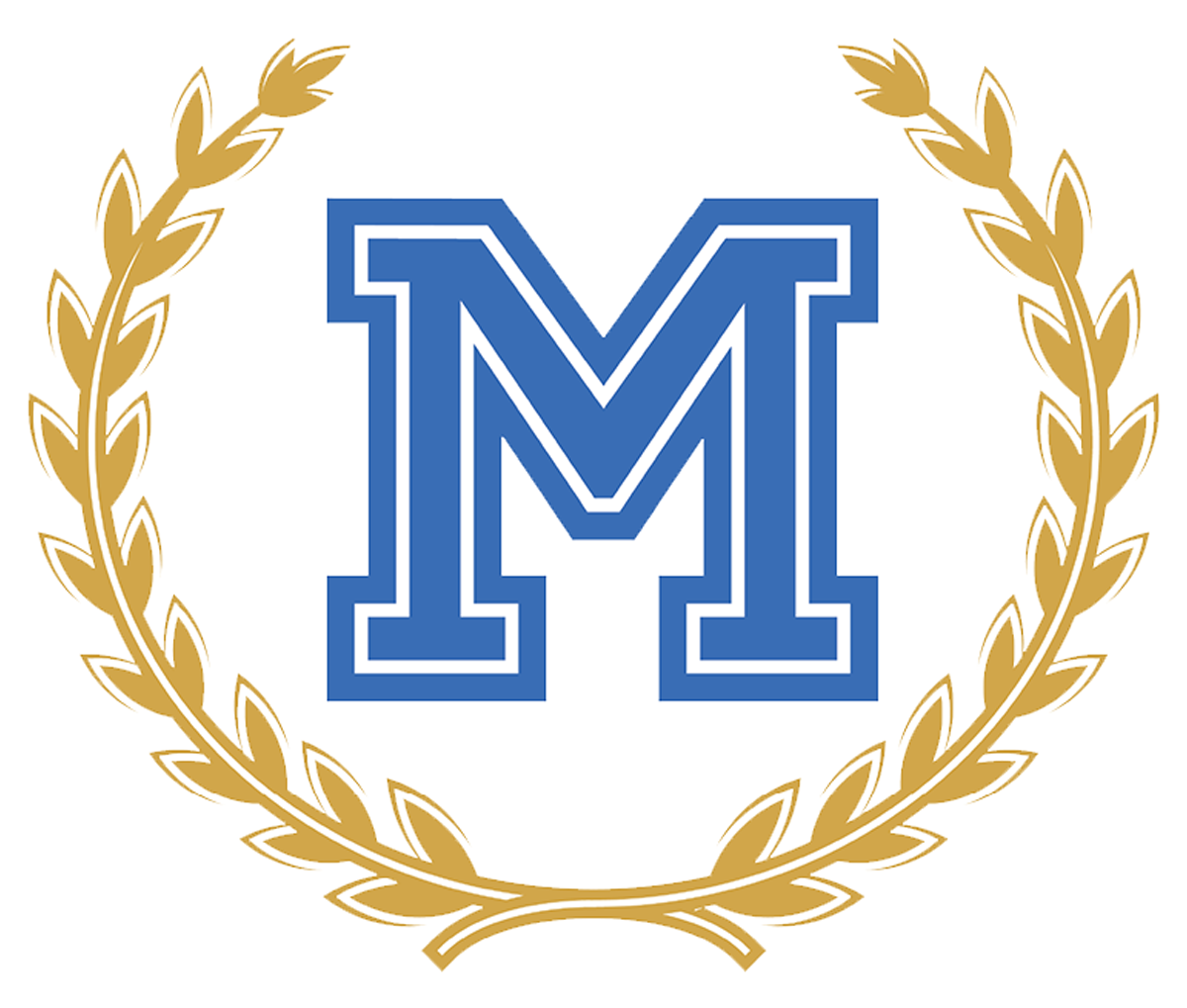Integrated Pest Management
What is Integrated Pest Management?
Integrated Pest Management (IPM) is a sustainable approach to managing pests by combining biological, cultural, physical, and chemical tools in a way that minimizes economic, health, and environmental risks. IPM focuses on pest prevention and uses pesticides only as needed.
IPM is mandated for schools in New Jersey. U.S. Code at Title 5, Section 136r-1 was codified in 1996 and the 2002 NJ School Integrated Pest Management Act became effective for schools in New Jersey on June 12, 2004.
The School IPM Act requires schools to establish an IPM program, which includes adopting a Model IPM Policy and implementing a Model IPM Plan, which is a comprehensive site-specific document, which guides a school's day-to-day activities for controlling pests. Millburn Township Public Schools Policy 7422 was adopted in compliance with the law.
All schools in New Jersey are required to have an IPM Coordinator to oversee all activities related to IPM and pesticide use at the school. The IPM coordinator maintains the pesticide product label and the Material Safety Data Sheet (MSDS), when available, of each pesticide product that may be used on school property. The label and the MSDS are available for review by parents, guardians, staff members and students attending the school. Also, the IPM coordinator is available to all parents, guardians and staff members for information and to discuss comments about IPM activities and pesticide use at the school.
Millburn Township Public Schools Integrated Pest Management Coordinator is the Director of Buildings and Grounds, 434 Millburn Avenue, Millburn, NJ 07041 973-376-3600, x40145.
For more information
General IPM FAQs
Policy 7422 - Integrated Pest Management
